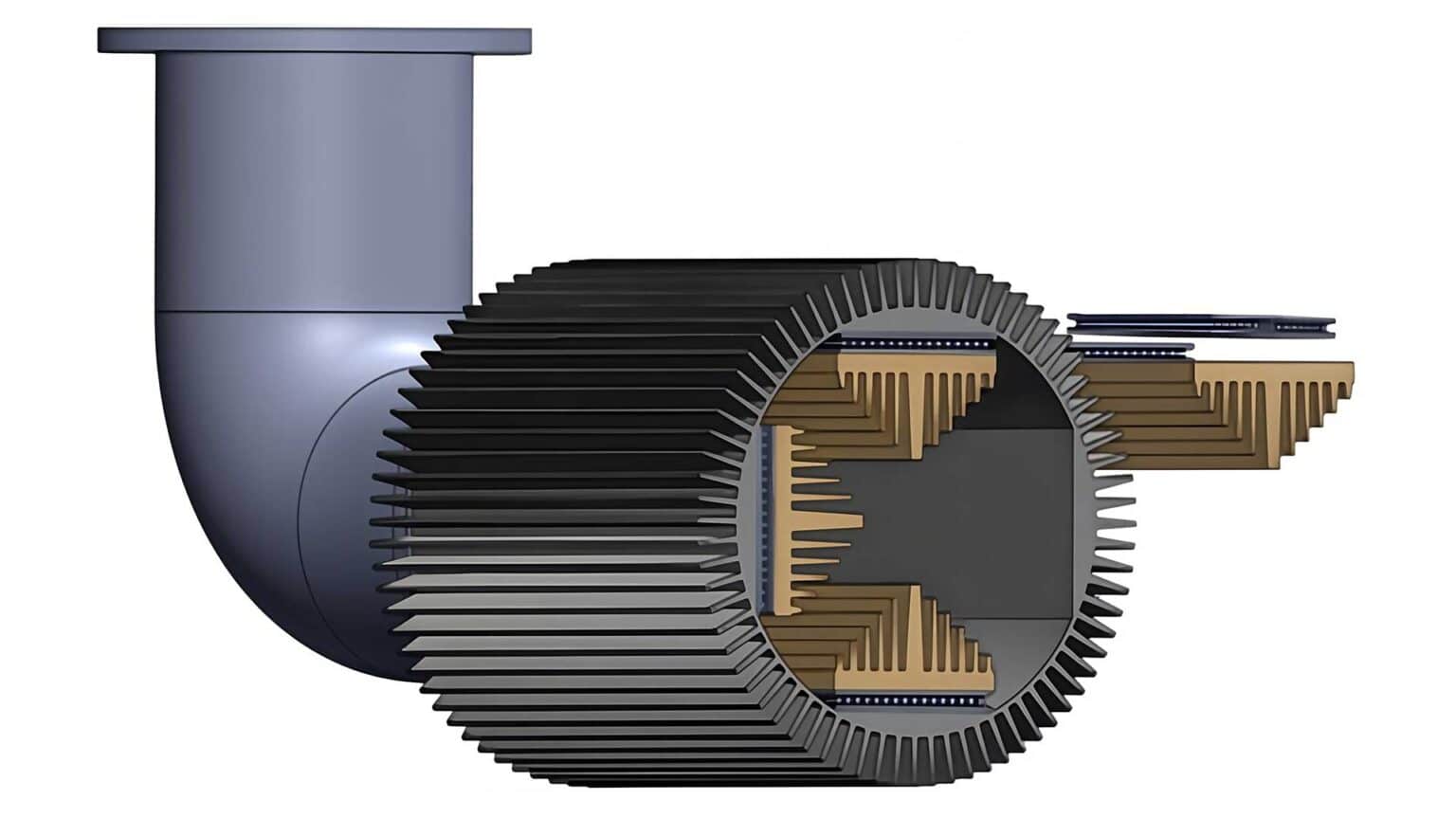

622·
5 days ago
This device attaches to a car’s tailpipe, capturing heat and converting it into usable electricity. The researchers’ innovative system includes a semiconductor made of bismuth-telluride and uses heat exchangers—similar to those found in air conditioners—to capture heat from vehicle exhaust pipelines efficiently.
Basically, slap Peltier modules on the exhaust pipe. This ain’t gonna do much. We can invent a thousand applications for Peltier modules, until there is a massive technology breakthrough in terms of semi-condutor materials, it’s kinda pointless.
Reusing heat energy from exhaust is what turbos are doing for 120 years now.


All Fedora variants come with only the Fedora flatpak repo enabled by default.
I understand the concept: have a curated repository with well tested, compatible and virus-free software for the users.
In practice, it’s not working well. Not enough maintainers, not enough time. There is already the RPM repo to maintain. I have recently faced issue with the flatpak for PrusaSlicer, being outdated and crashing from the Fedora repo.
If not enabled by default, Fedora should have flathub listed as a extra repo source and make it a one click to activate. Maybe it’s the case like that already? Last time I installed a fresh Fedora, I had to add flathub via the terminal. This was already a long while back.